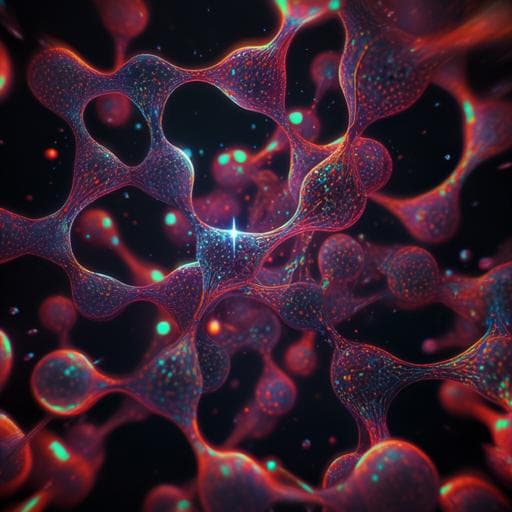
Medicine and Health
Anti-diabetic effect of anthocyanin cyanidin-3-O-glucoside: data from insulin resistant hepatocyte and diabetic mouse
X. Ye, W. Chen, et al.
Discover how cyanidin-3-O-glucoside (C3G), an anthocyanin from red bayberry, could revolutionize diabetes treatment! Researchers Xiang Ye, Wen Chen, Xu-Fan Huang, Fu-Jie Yan, Shui-Guang Deng, Xiao-Dong Zheng, and Peng-Fei Shan have revealed C3G's potential in enhancing insulin sensitivity and reducing blood sugar levels in diabetic models. Don't miss out on this exciting development!
~3 min • Beginner • English
Related Publications
Explore these studies to deepen your understanding of the subject.







